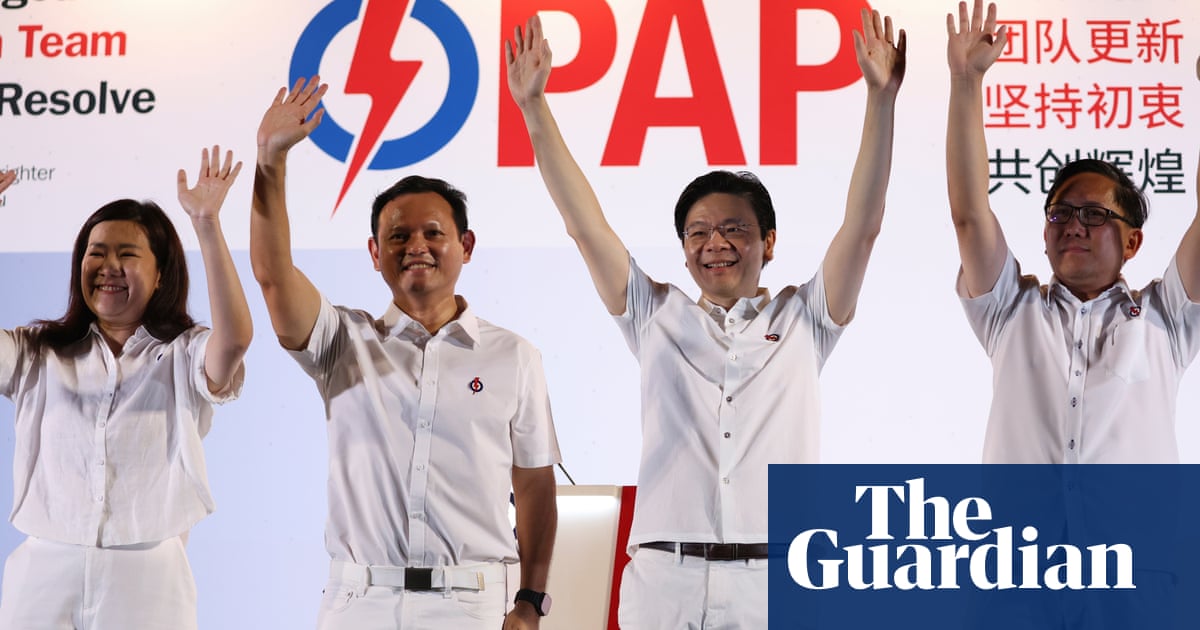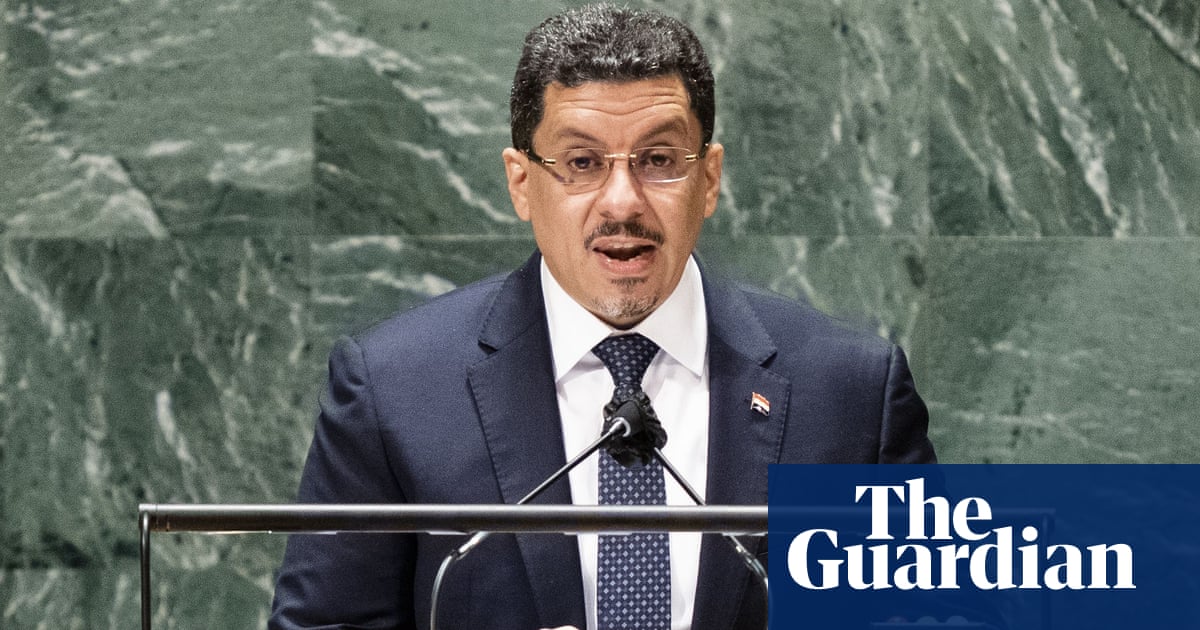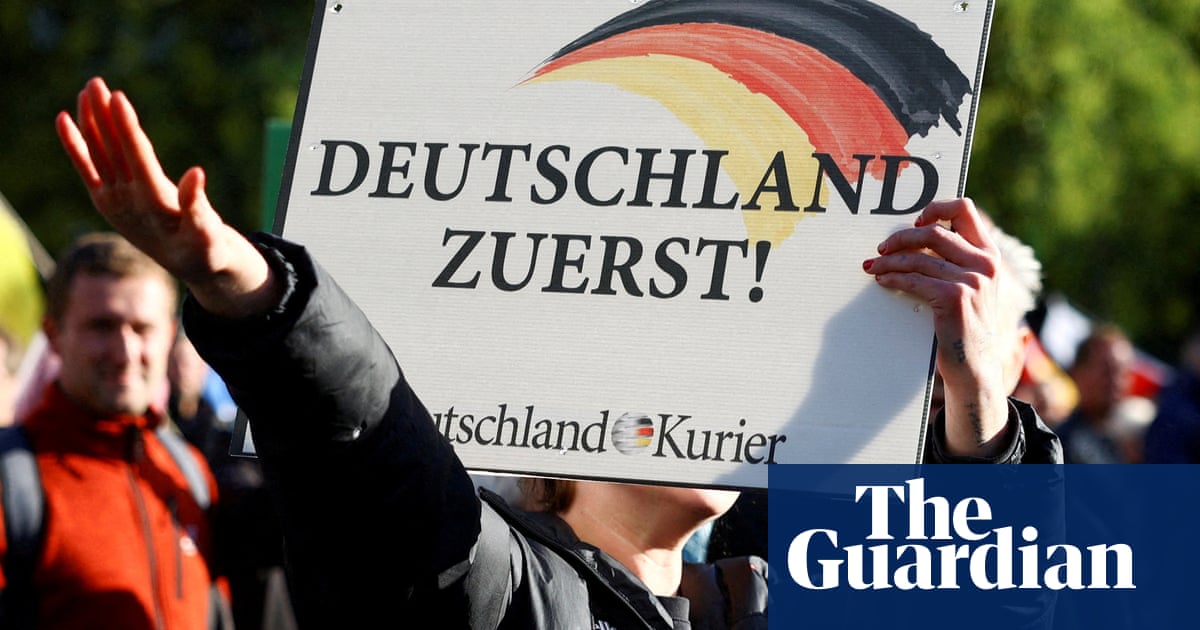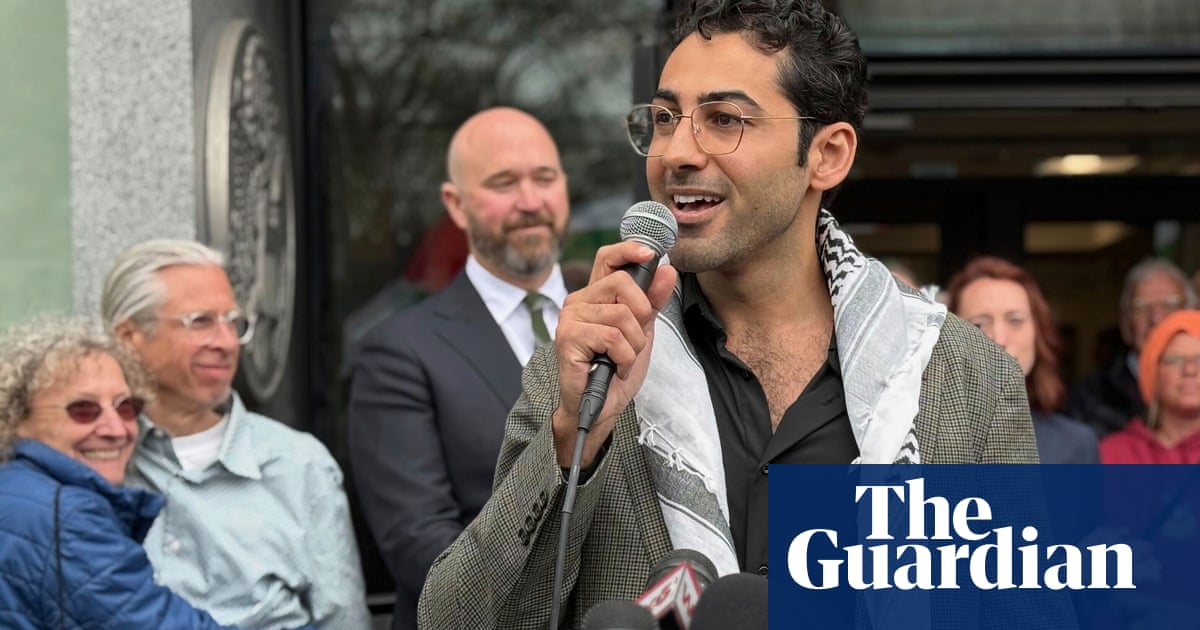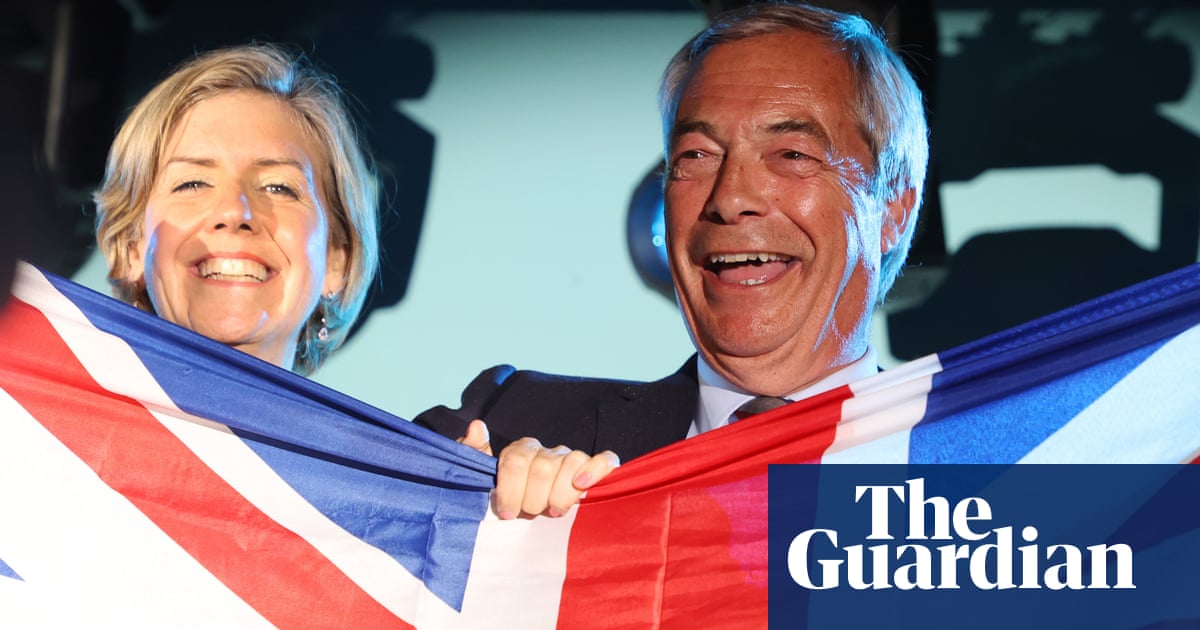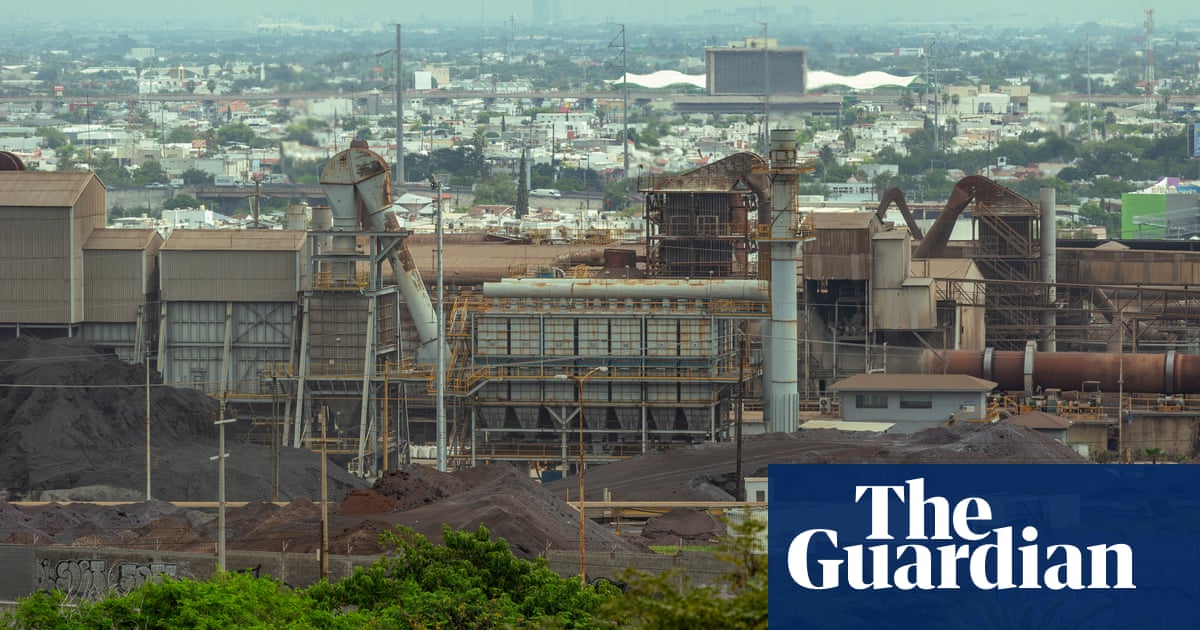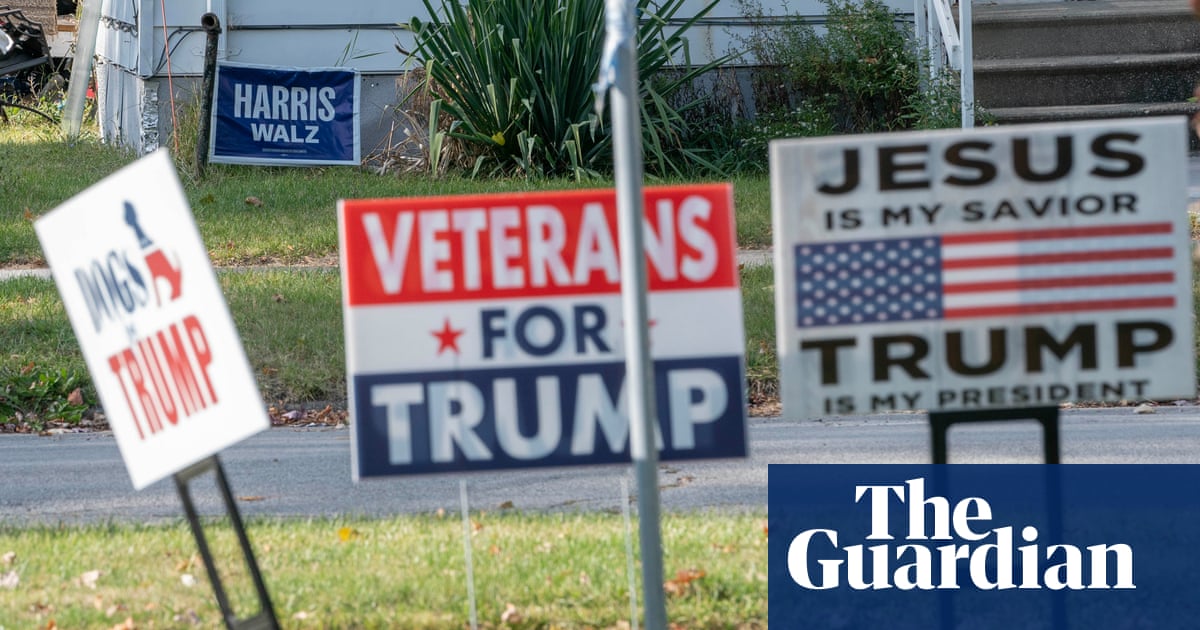
As Donald Trump’s executive order in March led to the shuttering of Voice of America (VOA) – the global broadcaster whose roots date back to the fight against Nazi propaganda – he quickly attracted support from figures not used to aligning themselves with any US administration.
Trump had ordered the US Agency for Global Media, the federal agency that funds VOA and other groups promoting independent journalism overseas, to be “eliminated to the maximum extent consistent with applicable law”. The decision suddenly halted programming in 49 languages to more than 425 million people.
In Moscow, Margarita Simonyan, the hardline editor-in-chief of the state broadcaster RT described it as an “awesome decision”. The Global Times, an English-language Chinese state media publication, crowed that the broadcasters had been discarded by the White House “like a dirty rag”, ending their “propaganda poison”. Azerbaijan’s president, Ilham Aliyev, whose regime has been accused of repressing political opposition, described Trump’s move as “very promising”.
Domestically, Trump has continued to target the media, whether by taking outlets including CBS News and ABC to court, attempting to block political access to the White House by the Associated Press, or defund National Public Radio and the Public Broadcasting Service – institutions he has described as “radical left monsters”.
For many senior media figures around the world, there has been a tipping of the scales as authoritarian regimes are emboldened by a US administration not only attacking the media at home, but also withdrawing from the fight for free information overseas.
As the world marks Press Freedoms Day on May 3, observers are now warning that in countries where free media is weak, America’s withdrawal from this geopolitical balancing act will have far-reaching effects.
Press Freedom: why does it matter?
ShowPress freedom is in worrying decline in many parts of the world, with widespread attacks on journalists - last year was the deadliest on record - and the shutting down of news outlets due to economic hardship.
We are running a series of pieces exploring the threats and challenges faced by media around World Press Freedom Day on 3 May, created to remind governments of their duty to uphold freedom of expression.

As well as VOA, which was founded in 1942 at the height of the second world war and broadcasts in nearly 50 languages, Trump has withdrawn funding from Radio Free Europe/Radio Liberty (RFE/RL), which was founded during the cold war and broadcasts to countries including Belarus, Russia and Ukraine.
The head of the US-funded Arabic-language news outlet Alhurra, Jeffrey Gedmin, has said the decision to cut its staff and services would “silence America’s voice in the Middle East”.
At the same time, there are signs that media freedom elsewhere is eroding, with arrests and deportations of journalists in Turkey, including the BBC’s correspondent Mark Lowen, and dire warnings over threats to press freedom in Serbia.
Marty Baron, former editor of the Boston Globe and Washington Post, says: “It used to be that the United States would put pressure on countries for undermining free expression and for limiting freedom of the press. It was something that the United States government actually stood for, and it was also seen as a model for free expression.
“Now, it’s not seen as a model at all. Authoritarian leaders, or those who want to be autocrats, have recognised that they’ll receive absolutely zero pressure from the United States. It’s basically given licence to other countries to be far more aggressive in attacking the press.
“I think there is no question that it’s emboldened other leaders around the world. In other countries as well, we’re seeing the rise of authoritarianism,” he adds.

VOA’s chief national correspondent, Steve Herman, points out that VOA was often the only connection to the US in some countries. “In the more repressive societies where there is absolutely no alternative to get news and you can’t get on the internet, I wonder what they think happened in the United States. For them, literally, the United States has disappeared.”
Herman describes the drive to shut down VOA and other media bodies as a “constitutional emergency”, adding that he has heard from former listeners that they have already experienced Chinese broadcasts on some of the frequencies it formerly used.
While a federal judge has blocked the attempt to dismantle VOA, RFE/RL and other related organisations, the uncertainty continues and a government appeal is expected. Meanwhile, the EU has been unable to step in to replace the lost funding.

The exit of US-funded media has come at the same time as the BBC World Service, which has also played a powerful role in bringing independent media to audiences, faces its own financial squeeze from the erosion of the licence fee.
Jonathan Munro, global director of BBC News , says: “Three-quarters of countries around the world don’t have free media, and that figure is getting worse, not better.
“It’s not just the lack of free media. It’s the proactive and aggressive march of disinformation and misinformation, which arrives on people’s phones 24 hours a day. That’s a cocktail for a very badly informed, or misinformed, global population.”
Munro says authoritarian regimes were already reacting to the withdrawal of the west and growing their own presence.
“There’s a real ambition from China and Russia in particular,” he says. “Iran and Turkey are growing players in this space, the Chinese are very active in African markets, the Russians are very active in the Middle East, as indeed are the Chinese. They’re both increasingly active in Latin America. Some of that is space that we’ve had to vacate over the years because of financial decisions.”
Given Trump’s early determination to push back against media at home and defund US-backed free media overseas, some of the damage being done could be irreversible, says Baron.
“It’s highly destructive, with no good rationale whatsoever and it will be very hard to recover.
“Trump has proven to be really skilled at destroying things, and he clearly is on a campaign to destroy an independent press.”

 15 hours ago
7
15 hours ago
7




